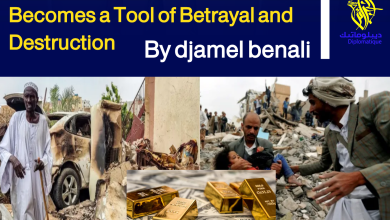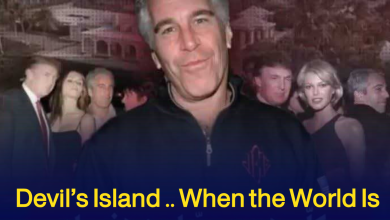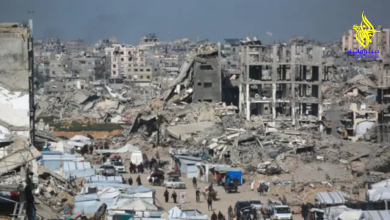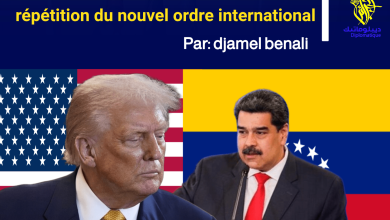When the Hashish Trade Turns into Foreign Policy: The Moroccan Makhzen and the Diplomacy of Buying Conscience with Corrupt Money
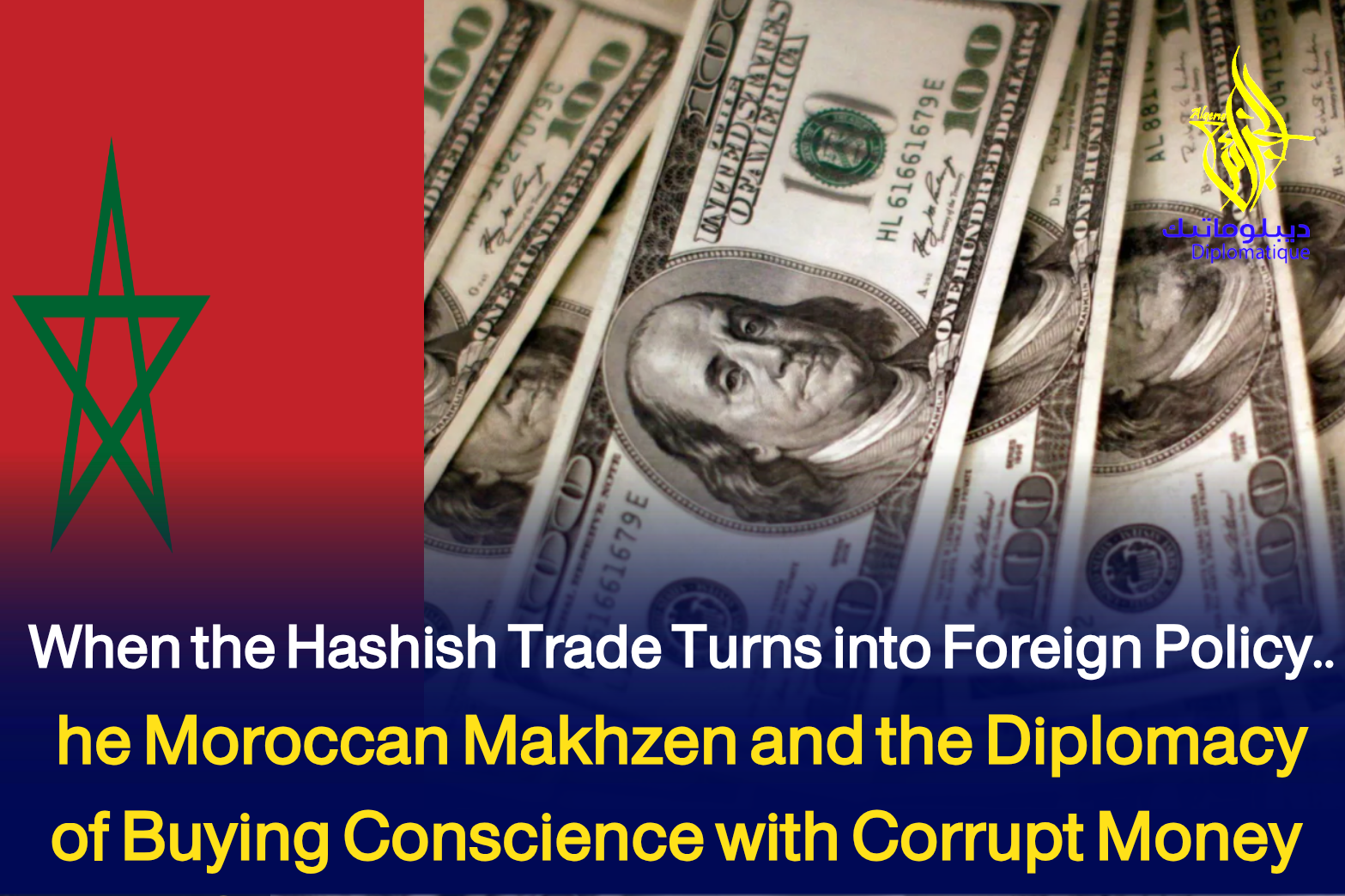
By Djamel Benali
In a world where interests and influence overlap, the Moroccan Makhzen has chosen a devious path to regional and international positioning, through a diplomacy based on corrupt money and the cannabis trade, rather than legitimacy and transparency. It is a policy based on buying positions, falsifying facts, and infiltrating institutions through dubious money and prohibited goods.
Corrupt Money as a Means of Political Infiltration
It is no secret that Rabat has relied for years on corrupt money to buy consciences and shape positions, particularly on the Western Sahara issue.
The money is spent on parliamentarians, journalists, and actors in European and African decision-making centers to promote a thesis that lacks international legal legitimacy.
The « MarocGate » scandal that rocked the European Parliament in 2022 exposed some of these practices, as Moroccan diplomats and intelligence services were involved in funding European figures to whitewash the Kingdom’s image and influence the European Parliament’s decisions.
Hashish Trade: A Hidden Source of Diplomacy
Alongside corrupt money, another, more dangerous aspect of the Makhzen’s policy is emerging: the exploitation of the cannabis trade as a source of funding for foreign policies and diplomatic infiltration.
Morocco, which has been ranked for years as the world’s leading producer of cannabis, has not taken serious steps to combat this illicit revenue.
Instead, it has turned a blind eye to smuggling networks and used the proceeds of the trade to strengthen its influence in African countries or to buy the silence of media outlets and organizations in Europe.
From Europe to Africa: Bribery Becomes State Policy
In Africa, the Makhzen has used this combination of corrupt money and conditional aid to change the positions of certain countries on the Western Sahara issue. Announced development projects are used as a cover for covert efforts aimed at imposing a political reality through financial force.
In Europe, bribery and opaque funding have become a means of infiltrating political and media institutions, as revealed by the Belgian investigation into MarocGate.
Immoral Diplomacy and Temporary Alliances
What the Moroccan regime is building today through these methods are not real alliances, but rather structures built on sand that are liable to collapse.
Alliances based on bribery and rent-seeking cannot stand the test of values and principles.
In a world beginning to restore accountability and transparency, corrupt money and hashish do not create a sustainable foreign policy; rather, they accelerate the fall of masks and the exposure of isolation.



